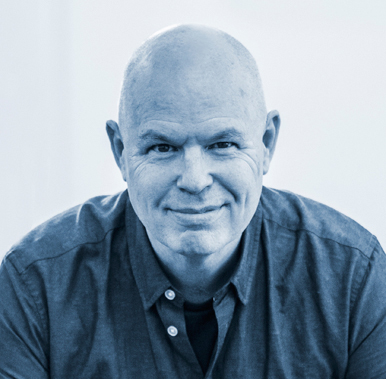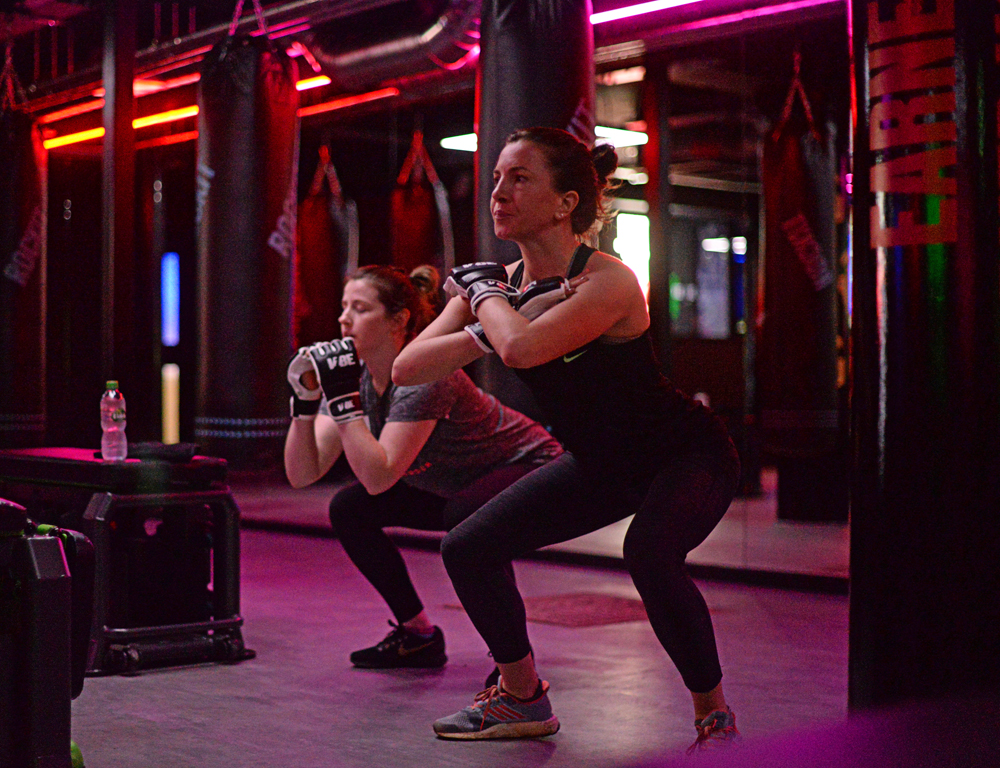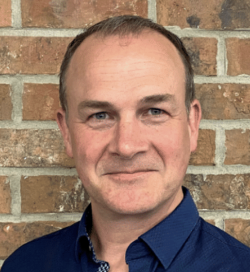In the UK, a few boutique operators have already expanded beyond the capital: Barrecore has 10 sites in London and three outside, Digme has four in London and one in Oxford. Some boutique operators are targeting secondary cities first: V1BE has launched its first site in Manchester and the TRIB3 concept was carefully curated so that it could be rolled out into provincial cities globally, with plans for 1000 sites by 2021.
Other operators have also said they plan to go beyond London in the future. For example, co-founder of Flykick, Charlie Kemper, says the scope for expansion beyond London is huge and he would be confident to take his group exercise boxing concept beyond the capital. "Already we're seeing a high level of engagement, particularly across social media, from people in UK cities such as Manchester and Bristol, which currently feel underserved in the boutique space,” he says. “Followers from all over the UK look to London as the epicentre for new concepts and to keep up with the activity of their favourite influencers."
However, although all cities have a number of affluent people, London has the highest density, so would it be harder to transport the concept beyond the capital? What are the issues and challenges and how can they be overcome? We ask the experts…








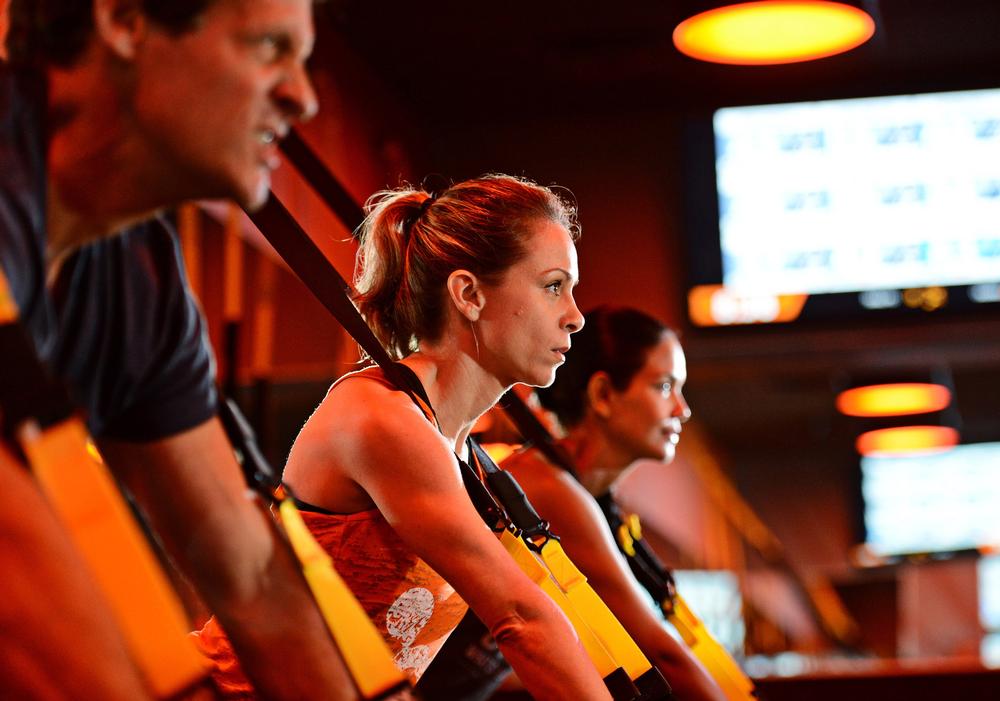

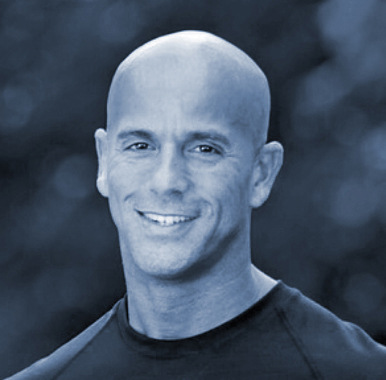
.jpg)
